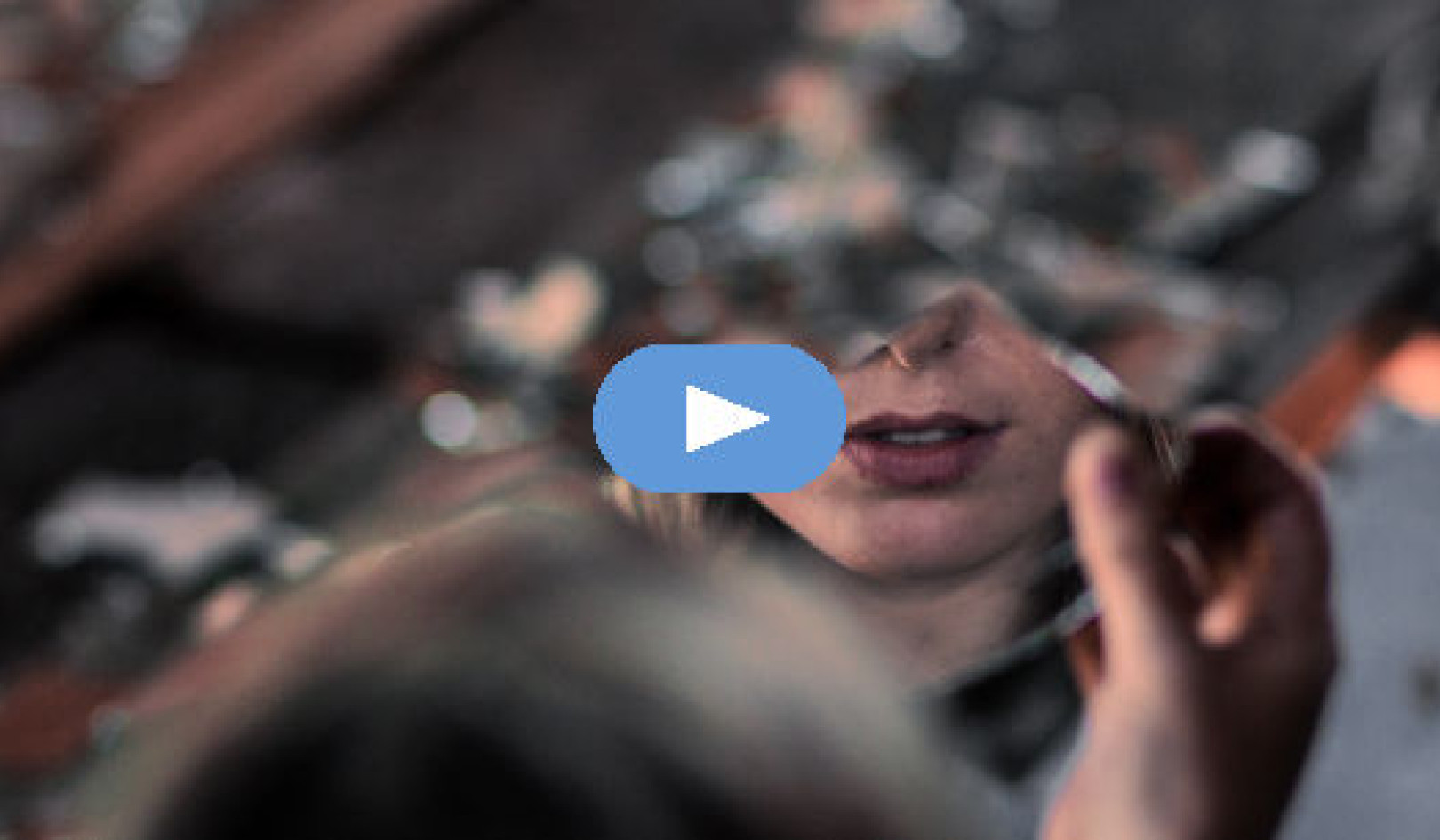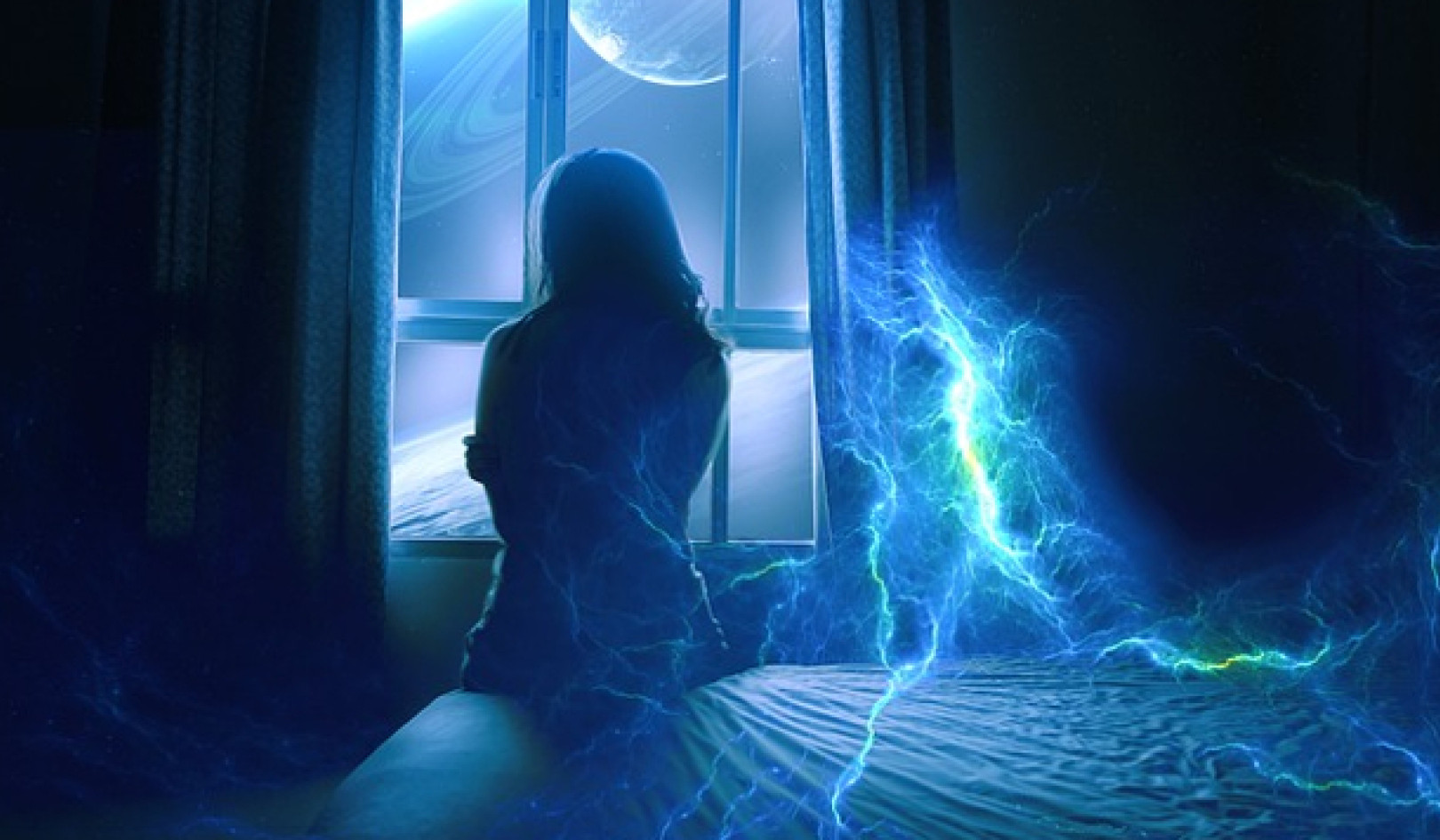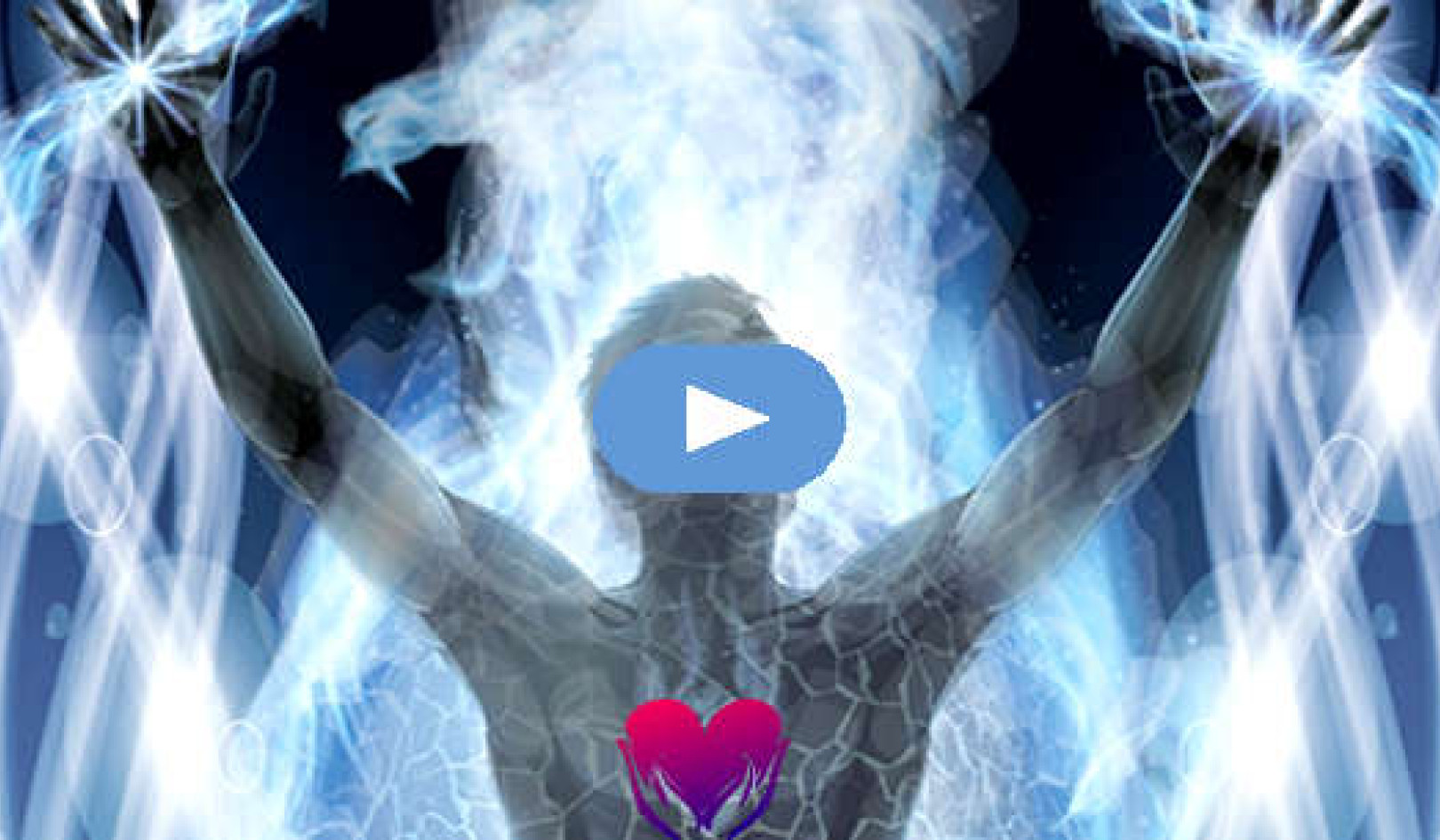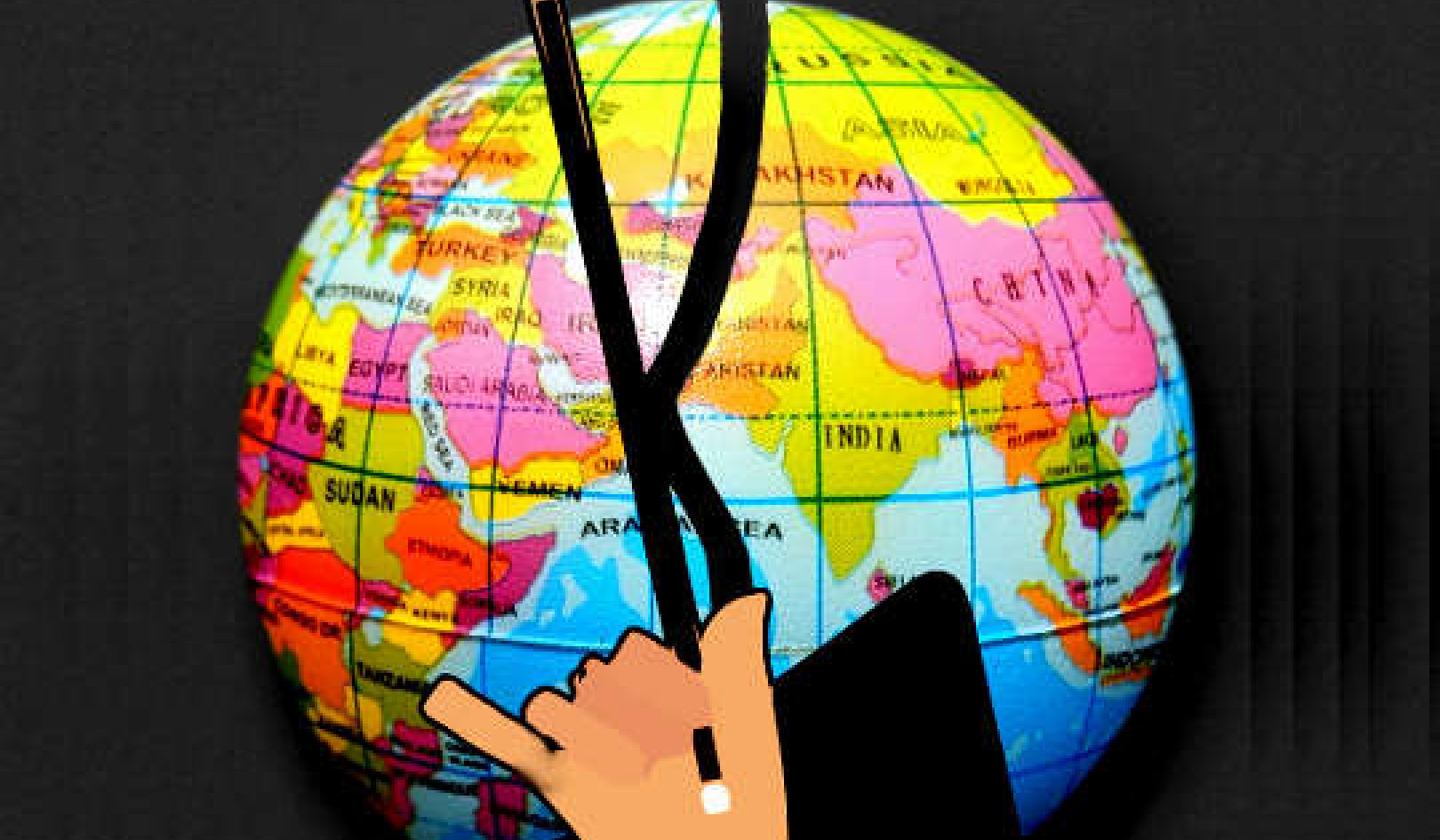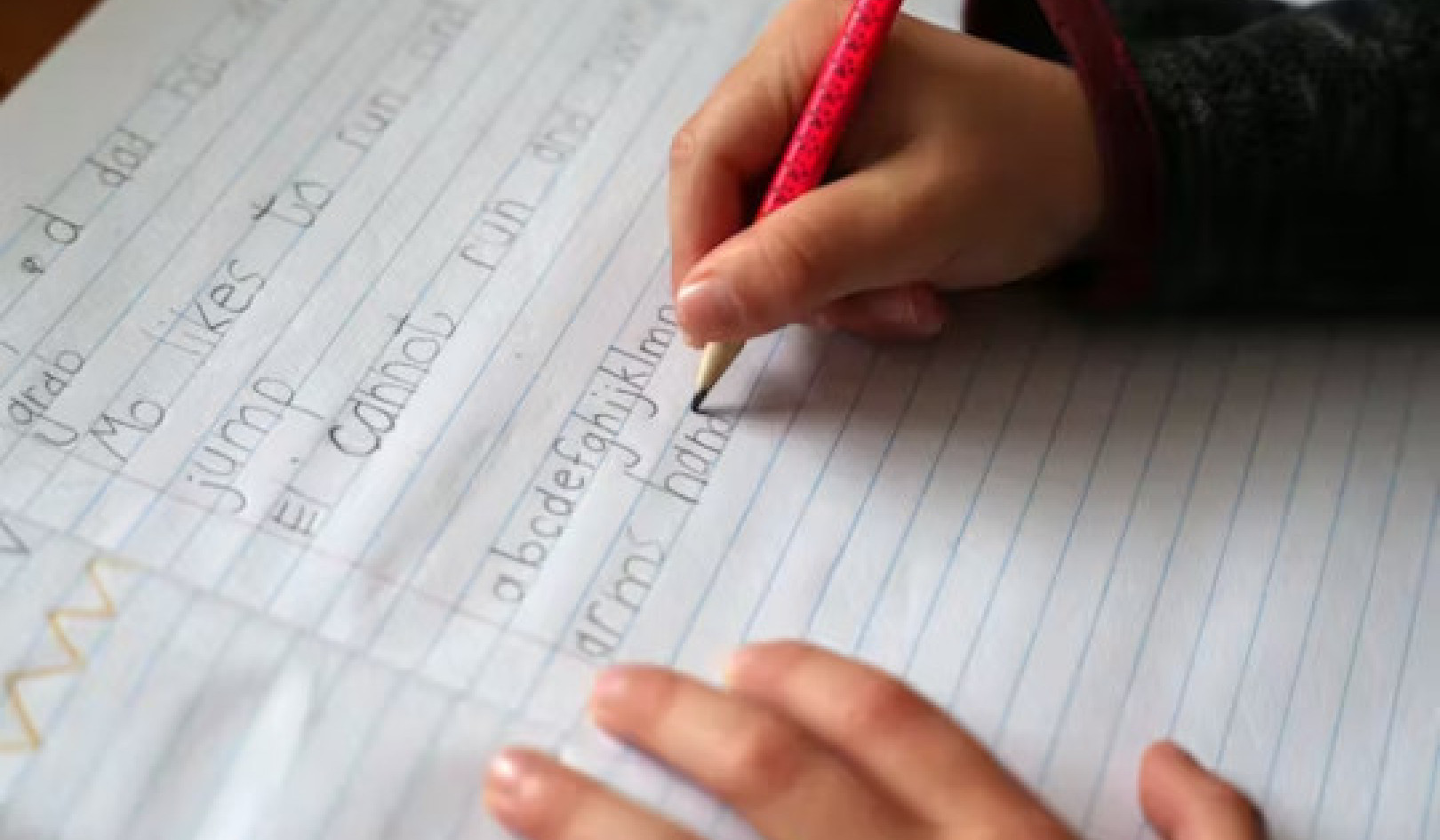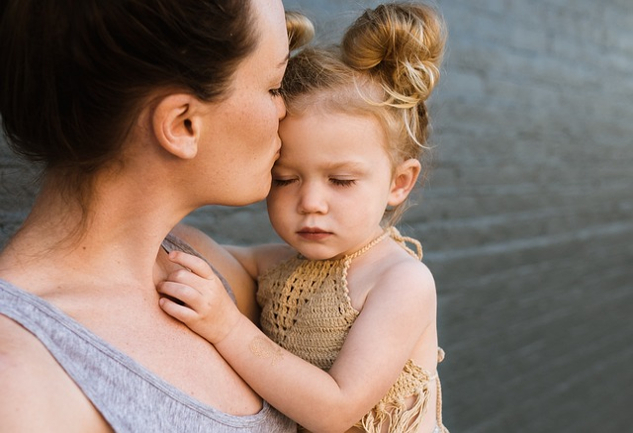
Image by StockSnap
Before I was a mother, I was a philosopher. As such, I can offer no cut-and-dried answers to every quandary. Rather than adhere to one philosophical worldview, I use a handful of ideas we can treat as a cornerstone of “commonsense morality.”
I start this personal and philosophical journey with three simple but powerful moral ideas.
First, there is such a thing as a “decent” human life: the kind of life we want, as a minimum, for our kids and ourselves; the kind we can assume other people want, too.
Second, there are some basic things that everyone should or should not do for, or to, anyone else. Philosophers call these universal moral duties, positive and negative.
Third, there are specific things we should each do for certain people. These so-called special duties are owed to our partners, parents, friends, colleagues, or compatriots. Most of all, they are owed to our children, because they are our children.
A Human Life vs. Artificial Reality
Suppose you could have your child plugged in for life to a virtual reality computer game. In this artificial world, they would believe themselves to be completely happy, having amazing experiences. In the real one, they would be in a small room, being fed through tubes. Would you say yes?
I wouldn’t, any more than I would choose it for myself. More than that, I would consider it an incredible betrayal of my potential-filled girls to sign them up to this chimera of enjoyment: a future in which, as the philosopher Thomas Hurka puts it, they would have no knowledge of the world or their place in it, no genuine achievements or real relationships.
I want my children to be happy, but I want that happiness to be the lasting satisfaction of a life fully lived.
What Is Human Flourishing?
We need a working definition of “human flourishing,” or what it means for our individual lives to go well. We need it to make sense of what we must do for our kids, and what we must do (and not do) for everyone else.
But, in finding that, we must avoid two dangers: the one of thinking only purely subjective welfare matters, and, at the other extreme, the danger of being too rigid about what is required. If a “decent life” is defined too narrowly, it leaves no scope for our children to be themselves or to live among others who think differently from them.
A Compelling Middle Ground
Fortunately, there’s a compelling middle ground. It was developed by philosopher Martha Nussbaum and development economist Amartya Sen, and it’s broadly in line with the human, and sustainable, development goals. It looks like this.
We all have basic needs. We need to be healthy and sheltered, fed and watered, free to move, spared pain. But that’s only the baseline.
A fully human life is a life we “have reason to value.” That means, says Nussbaum, being able to reason, think, and express ourselves, to use and enjoy our senses and imagination. It means reading, writing, dancing, singing, or having “down time.”
It means being able to seek religious or spiritual fulfillment, in your own way. It means being able to plan your own life and play your part in the decisions that determine how that life will go.
It means not being thwarted by crippling fear or anxiety. It means being able to love and be loved, care and be cared for, enjoy self-respect, show empathy and concern. It means being able to grieve and feel grateful.
What I Want for My Children
That is what I want for my children. It is what I want for myself. However, I am not only an individual with my own interests and relationships. I am also a moral agent, to whom universal moral rules apply. As such, I am obliged (on almost any moral philosophy you want to subscribe to) to think not only of my own flourishing, or even that of my daughters, but also of our impact on those around us. This is too easily, and too often, forgotten. But it’s still true.
Commonsense Morality: What Does It Mean?
What does it mean? Well, we can start with the fundamental Hippocratic injunction: do no harm. This doesn’t just apply to doctors; it articulates an intuition without which we could hardly be said to be moral beings at all.
More specifically, don’t seriously harm another human being, if you can avoid it. Don’t kill them, maim them, make them ill, take away their children or their home.
This “no-harm principle” makes sense in duty-based terms because it is a cornerstone of respecting our fellow humans. I must, for logical consistency, want everyone else to follow this rule. We are all better off, overall, if everyone sticks to it.
Although virtue theory focuses on character traits rather than actions, a virtuous person will characteristically behave virtuously. If you’re not cruel, you don’t go around stabbing or starving your fellow humans.
Commonsense morality tells us this, too: if someone is in desperate need, help them, if you can do it comparatively easily. This is a moderate version of what the philosopher Peter Singer calls the “principle of beneficence.” It, too, makes sense on more than one moral perspective.
The Principles of Beneficence and Benevolence
If you’re a rule utilitarian, you reason that people will be better off overall in a society whose more affluent members protect the most vulnerable. If, like Kantians, you recognize yourself as someone to whom moral duties apply, the suffering of your fellow humans must matter to you.
“Would [the virtuous person] help the wounded stranger by the roadside . . . or walk by on the other side?” asks philosopher Rosalind Hurst-house. “The former, for that is charitable and the latter callous.” Benevolence, too, is a virtue: if not one of Aristotle’s, then at least widely recognized by later virtue theorists.
As a basic moral rule, this is also deeply, intuitively compelling. Take Singer’s own poignant example. You see a drowning child on your way to work. You could rescue them, but you’d ruin your new shoes. Should you do it? Show me the person who says no, and I’ll show you a sociopath.
And What About Parent and Children?
So far, so simple. But we have special ties to some of our fellow humans, and new obligations to match. Most of all, when we have kids, everything is a hundred times more complicated.
It matters to us to do good to our children. In this lies much of the joy, but also much of the fear, of parenthood. Behind the fragile laughs and tearful confidences of those get-togethers with other mothers lay an all-consuming dread of getting it wrong.
As a philosopher, I can put this more strongly. Over and above whatever we should do for all our fellow humans, we owe it to our kids to care for them and help them do well. Even when the emotion is missing or misdirected—and it can be—the parental duty is nonetheless real.
Here’s one explanation, going back to that least controversial of moral rules: don’t harm others. We can become responsible for protecting people because we have hurt them or put them at risk of harm. If I knock the roof off your house, the least I can do is keep you sheltered from the rain.
Most parents cause their children to exist and simply by existing, they are made incredibly vulnerable. As babies, they are most evidently so because they cannot do anything for themselves. But it goes well beyond that.
We determine our children’s destiny, to a greater or lesser extent, through a deeply absorbing shared life. This dangerous power comes with a moral condition. We must use it to serve their interests. We bring our children into the world; we must not leave them out in the storm.
©2023, Elizabeth Cripps. All Rights Reserved.
Adapted from the book "Parenting on Earth",
with permission of the publisher,
The MIT Press, Cambridge, Massachusetts.
Article Source:
Book: Parenting on Earth
Parenting on Earth: A Philosopher's Guide to Doing Right by Your Kids and Everyone Else
by Elizabeth Cripps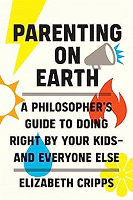 In a world so out of balance, what does it take—or even mean—to be a good parent? This book is one woman’s search for an answer, as a moral philosopher, activist, and mother.
In a world so out of balance, what does it take—or even mean—to be a good parent? This book is one woman’s search for an answer, as a moral philosopher, activist, and mother.
Timely and thoughtful, Parenting on Earth extends a challenge to anyone raising children in a troubled world—and with it, a vision of hope for our children’s future. Elizabeth Cripps envisions a world where kids can prosper and grow—a just world, with thriving social systems and ecosystems, where future generations can flourish and all children can lead a decent life. She explains, with bracing clarity, why those raising kids today should be a force for change and bring up their children to do the same. Hard as this can be, in the face of political gridlock, ecoanxiety, and general daily grind, the tools of philosophy and psychology can help us find a way.
Click here for more info and/or to order this hardcover book. Also available as a Kindle edition. Book can also be purchased on the publisher's website.
About the Author
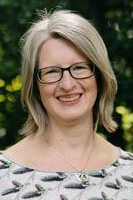 Dr Elizabeth Cripps is a writer and philosopher. She's the author of What Climate Justice Means and Why We Should Care (2022) and Parenting on Earth: A Philosopher's Guide to Doing Right By Your Kids - and Everyone Else (2023).
Dr Elizabeth Cripps is a writer and philosopher. She's the author of What Climate Justice Means and Why We Should Care (2022) and Parenting on Earth: A Philosopher's Guide to Doing Right By Your Kids - and Everyone Else (2023).
Elizabeth is a senior lecturer in political theory at the University of Edinburgh and had a former career as a journalist. As a public intellectual, she has written opinion pieces for the Guardian, the Herald and the Big Issue, and has been interviewed for WABI and BBC Radio, as well as numerous podcasts.
More Books by the author.






















